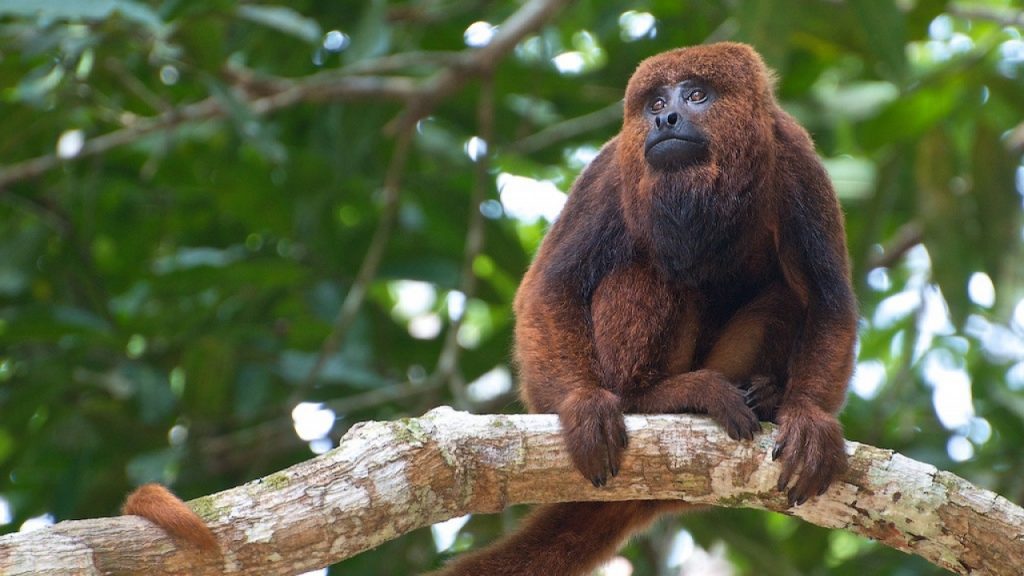RIO DE JANEIRO, BRAZIL – The southern region recorded the first case of the disease in humans in 2020.
The patient is a 47-year-old man from São Bento do Sul, in the north of Santa Catarina. He is hospitalized and, according to the Secretariat of Health, there are no records of him having been vaccinated against yellow fever.

In the same city where the case was recorded, a monkey died of the disease in December.
On Thursday, January 30th, the Secretariat of Health confirmed that a live monkey with yellow fever was found in Pomerode, in the Itajaí Valley. The animal is in isolation and being monitored.
Another 64 monkey deaths, which occurred in 2020 in Santa Catarina and Rio Grande do Sul, are still under investigation.
In Paraná, there are now 46 confirmed monkey deaths from yellow fever, from September 2019 to date, in 19 cities; 13 deaths occurred in 2020.
The tests to determine if animals died from the disease are carried out at the Fiocruz molecular virology laboratory in Curitiba. Results can be ready in hours or take up to 30 days, depending on the type of test.
“It’s vital that the population be aware that if they find any dead monkeys, they should immediately notify the Municipal Health Secretariats so that we may collect the material, perform the examination and check if the monkey died of yellow fever or any other cause,” explained Emanuelle Gemin Pouzato, a veterinarian of the Health Secretariat of Paraná.
Monkeys do not pass on yellow fever to humans, but when they are contaminated and die, they act as an alert to health authorities, showing increased circulation of the virus and the need for reinforcement in vaccination.
The vaccine is freely available at health posts and is recommended from the age of nine months to 59 years. The Ministry of Health has introduced a change in the children’s calendar. They now need to take a booster dose at the age of four; above that age, the initial dose is sufficient.
Source: G1

